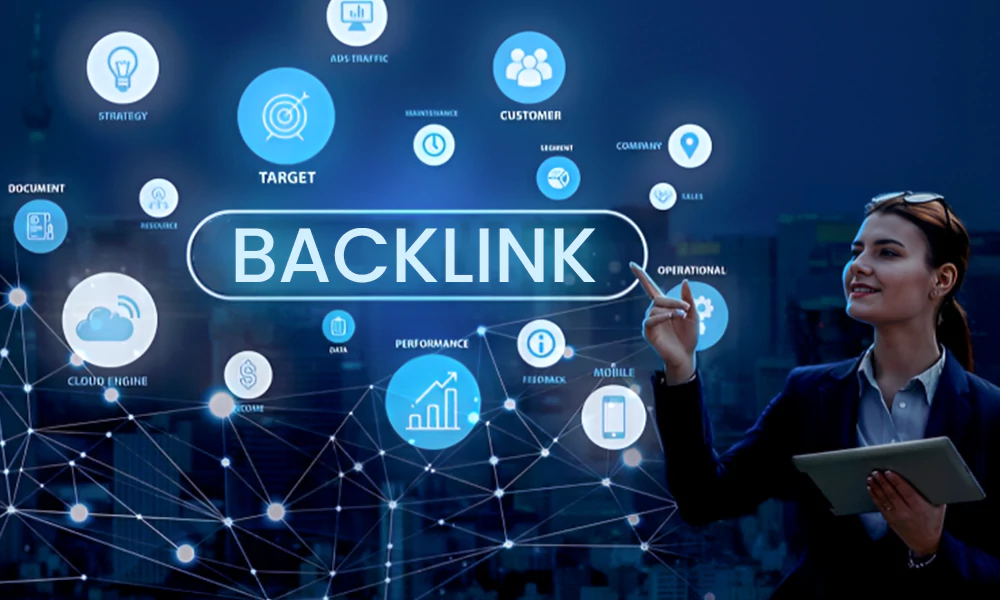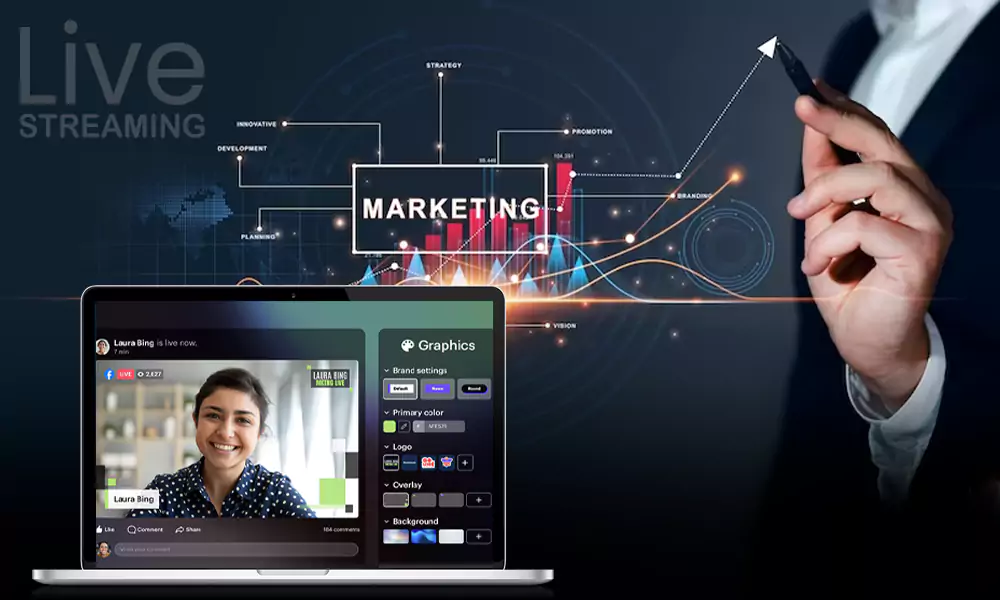What is Pay Per Click Advertising? A Quick Guide

Even in today’s digital age, it’s worth remembering the old adage: “You have to spend money to make money.” Depending on the industry, most modern businesses spend anywhere from 1-4% of their sales revenue on advertising, whether online or off. Businesses that don’t follow this practice may quickly fall behind!
But if you’re looking for smarter ways to invest in your company advertising, you’ve probably heard of a modern tactic with big results: pay-per-click. But what is pay-per-click advertising, anyway, and should your company consider using it? Here’s what you should know about these powerful ad campaigns.
What is Pay-Per-Click Advertising?
Before we delve into the specifics, let’s take a look at what pay-per-click advertising means. Also known as “PPC,” this type of campaign purchases ads that show up on a specific website. Most often, people use the term “PPC” to refer to the ads that appear at the top of the search engine results pages.
PPC ads allow businesses to appear before the organic search results, or the links to websites that have achieved a high ranking through search engine optimization (SEO) alone.
Why Should You Consider PPC Ad Services?
It’s hard to overstate the benefits of PPC ad services.
As stated above, PPC ads allow you to skip over other businesses to appear at the top of the search results, meaning that you’ll be the first thing users see when they look for a specific keyword.
In addition, PPC offers fast results. Unlike SEO, which requires weeks if not months of waiting to climb the search results pages, PPC allows your business to jump to the top the instant you start paying for ads.
What’s more, these results are measurable, allowing you to see your PPC campaign’s performance at a glance and tweak the details as you go. This is true whether you’re running your campaign through Google Ads or through a competitor. With such easy tracking, you take the mystery out of marketing, allowing you to stay in control.
If you’re working to target a specific demographic, PPC can be a great choice as well. From remarketing ads to focusing on a specific age group, you can be sure that your ads get in front of the right people.
Last, but certainly not least, PPC works well with any existing SEO campaign you’re running. Where PPC helps you get quick clicks, SEO helps you keep visitors engaged, no matter how they stumble across your website.
How Do You Choose Keywords to Promote Your Business?
Choosing the right keywords is where things can get tricky. Because you’re paying for each click, it’s important to identify the keywords most likely to attract the right attention to your site, meaning people who will continue to engage with your brand and purchase your offerings. In other words, generalized, all-purpose keywords are a no-go!
Instead, it’s a good idea to focus on what marketers call “long-tail keywords.” These longer keywords include longer, more natural, and more specific language than generalized keywords. A good example of a long-tail keyword might be “wide-leg capri pants” instead of a broader keyword like “pants.”
If you’re struggling, playing around with the Google AdWords Keyword Tool can be a great way to understand the popularity of certain keywords.
How Much Will You Pay-Per-Click for Business Advertising?
The amount you’ll pay per click, determined by the cost-per-click (CPC) metric, varies from business to business and industry to industry.
The legal industry, for example, has notoriously high CPC rates, with ads often costing over $6 for certain search terms. E-commerce websites, on the other hand, can be at the lower end of the spectrum, with ads costing pennies. Managed service providers often fit somewhere in the middle, though the right MSP marketing can help lower the cost.
On average, most businesses will pay around $2 per click. However, the price variation also depends on the terms you choose. Finding appropriate long-tail keywords can earn you major savings, which is why it pays to work with an experienced marketing agency.
Where Should the Ad Send Your Visitors?
In general, if you’ve spent your valuable time and money to find relevant keywords and craft the perfect ads, you’ll want to send visitors to a page on your site-specific to your campaign.
Having visitors land on a page that includes the keyword they searched for and obvious relevance to their needs can help you quickly build trust. What’s more, a dedicated page allows you to streamline the conversion process with obvious and natural next steps, making it easier for your new leads to understand how to move toward their desired solution. Don’t forget to create a clear call to action and relevant details!
Which Search Engines Should You Use?
Given that Google handles over 90% of the search engine market share worldwide, it should come as no surprise that most businesses stick with Google Ads when it comes to partnering with a PPC network.
However, Google is far from your only option—and other search engines may offer the same search terms at discounted prices. Depending on the search engines your target audience uses, it may be worth considering a partnership with Bing Ads, Yelp Ads, or Yahoo Gemini. These ads may work well either as an alternative to or in combination with a Google Ads campaign.
Make the Most of Your Ads with PPC
If you’re hoping to stand out within today’s crowded marketplace, PPC advertising is the way to go. With a wealth of benefits and a range of approaches you can tailor to any business need, PPC campaigns offer great results.
Now that you’ve stopped wondering, “What is pay-per-click advertising, anyway?” it’s time to get started! For expert support as you take your first steps, don’t hesitate to reach out to an experienced marketing company.
Want more of the essential business tips you need to know? Check out our other guides for additional insights.










